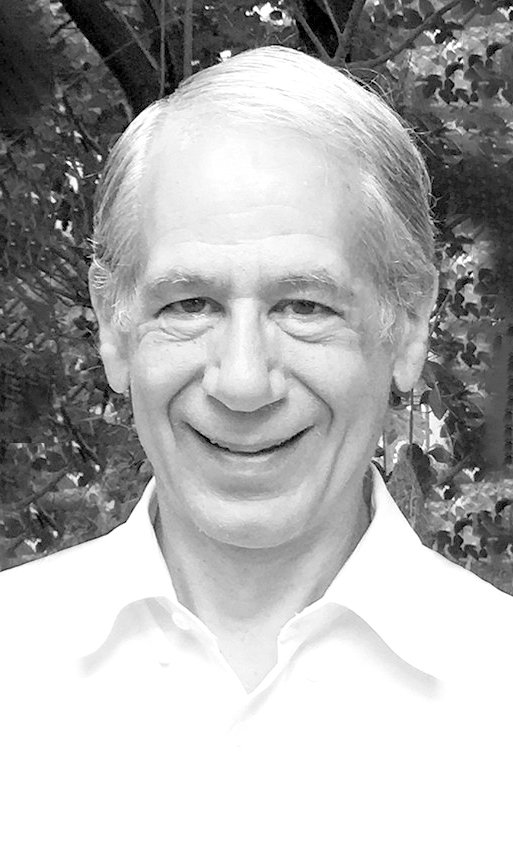Ecclesiastes fits the spirit of our time
I was speaking with a friend the other day, and I asked him, rhetorically, “Will this winter ever end?” I’m not bothered by the cold (after all, before I moved to Rhode Island, I endured 13 years of Canadian winters that were both longer and colder than any in Southern New England), or the occasional labor of shoveling snow. But this pandemic winter feels unceasing.
Perhaps it’s because many of us are sheltering in place, and every day feels like every other day. Perhaps it’s because most of our social interactions take place in little boxes on a screen. Perhaps it’s because when we do go outside the combination of coats, gloves, hats and masks renders us both formless and expressionless; we rush by each other, our eyes vaguely looking toward a middle distance, anxious to arrive at wherever our next destination happens to be. Or perhaps it’s because I miss celebrating Shabbat with the community. Spring cannot arrive soon enough.
In the midst of these wintertime blues, I’ve been teaching the Book of Ecclesiastes, a book so filled with anomie and melancholy that it feels perfectly suited to the moment. The book’s alleged author, Kohelet, laments the meaning of his life, his very existence, and the world he lives in, claiming in its opening verse “it is all useless, everything is useless.” In our modern parlance, we might refer to Kohelet’s condition as an “existential crisis,” as he careens like a billiard ball from sadness to regret, from acceptance to anger.
And yet, despite his philosophical misgivings, Kohelet may be a far more optimistic thinker than these verses suggest. After proclaiming, once again, that he was the king over Israel, he declares that he investigated and explored – with wisdom – everything that happens beneath the heavens (Ecclesiastes 1:12-13). He then concludes the verse by telling us that these gifts from God – to investigate and explore in wisdom – were “bad business” and should not be pursued (Ecclesiastes 1:13).
The problem here is that Kohelet wishes both to celebrate and dismiss the essence of what it means to be human. On the one hand, he investigates and explores (in the Hebrew, lidrosh, the root of “midrash”) everything, displaying God’s gift of unmitigated curiosity that is unique to humanity. As the king, he could sit back on his throne and revel in his status and wealth. But instead, he ventures forth in the world to discover the novelty and variety of its experiences.
What could be more purposeful than being curious about all that life has to offer? Indeed, our instinct to solve puzzles, learn how things work, and seek out new horizons has not been God’s “bad business,” but rather the foundation of all that God expects from us: to utilize these gifts with wisdom.
Kohelet concludes this line of thinking in the next verse, when he states that he took note of everything under the sun, and it was all useless (Ecclesiastes 1:14). But then he adds, almost superfluously, that it was “r’ut ruach” “striving after spirit.” While Kohelet appears to be using “ruach” as a term of derision – the emptiness of the wind – the Hebrew word “ruach” is often defined as “breath” or sometimes as a symbolic name for God. Thus, one could interpret this passage not as an illustration of life’s meaninglessness, but instead as a recognition that our desire to experience the wonder of life is precisely the striving that God wishes us to possess. In short, a life well-lived – filled with meaning, delight and love – is a life that God would be pleased for us to live.
In this light, it seems that Kohelet’s words really do fit the spirit of our time right now. In this “winter of our discontent,” as we long for the daily interactions we once had, perhaps we will no longer take for granted all the experiences that give our lives their sacred purpose. In just a couple of weeks, spring will be upon us, and with some good fortune, we’ll find ourselves cherishing both the warmth of the sun and the warmth our neighbors.
May we all stay healthy, find our way to a nearby vaccination center and may all of us enjoy a zissen Pesach.
HOWARD VOSS-ALTMAN is the rabbi at Temple Habonim in Barrington.








